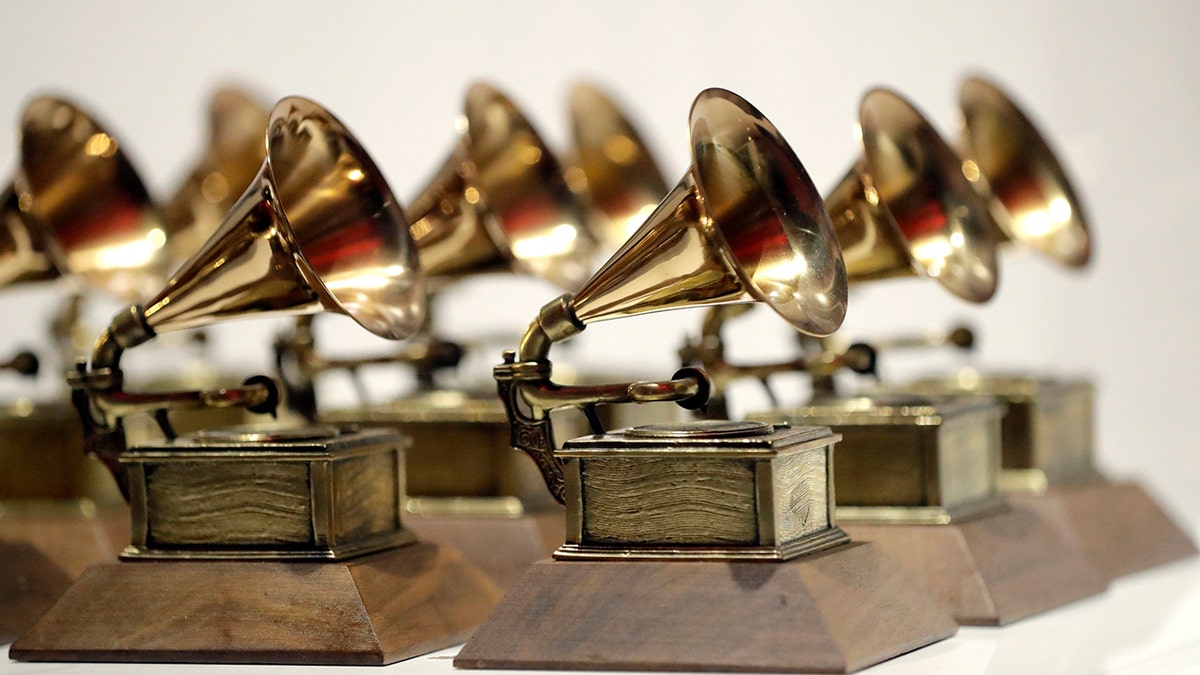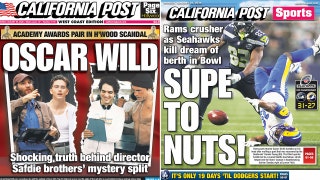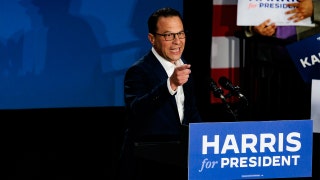Hospitalized teen surprised with Luke Combs tickets
Gavin Clampitt is overwhelmed with gratitude after being surprised with tickets for the country music concert on The Story.
Country singer Luke Combs’ success with his cover of Tracy Chapman’s "Fast Car" is marred by the "complicated" conversation over race, a Washington Post article claimed on Thursday.
The article reported how Combs’ cover, originally released as an album track in March, eventually became a hit on its own, reaching No. 1 on the Billboard Country Airplay chart. While many celebrated the re-introduction of Chapman’s 1988 hit, the piece noted that Chapman as a Black queer woman would likely have never seen the same success in the county music industry.
"Although many are thrilled to see ‘Fast Car’ back in the spotlight and a new generation discovering Chapman’s work, it’s clouded by the fact that, as a Black queer woman, Chapman, 59, would have almost zero chance of that achievement herself in country music," the piece stated.
The article also cited members of the Black Opry, an organization for Black country music singers and fans, who voiced their disappointment at Chapman being a "middleman" for a White man’s success.

Country singer Luke Combs achieved his latest hit in a cover of Tracy Chapman's 1988 song "Fast Car." (Scott Legato/Getty Images)
LUKE COMBS SURPRISES HOSPITALIZED TEEN WITH CONCERT TICKETS: ‘WE ARE THANKFUL AND BLESSED’
"On one hand, Luke Combs is an amazing artist, and it’s great to see that someone in country music is influenced by a Black queer woman — that’s really exciting," Black Opry founder Holly G said. "But at the same time, it’s hard to really lean into that excitement knowing that Tracy Chapman would not be celebrated in the industry without that kind of middleman being a White man."
Black Opry co-director Tanner Davenport also argued that Combs’ success "kind of just proves that when you put a White face on Black art, it seems to be consumed a lot easier."
The piece and its author Emily Yahr received backlash on Twitter for appearing to downplay Chapman’s original success to stir racial controversy.

The Washington Post was attacked for racializing Luke Combs' cover of Tracy Chapman's "Fast Car." (Reuters/Jonathan Ernst/File Photo)
National Review contributor Pradheep Shankar remarked, "WTF? Fast Car was one of the biggest songs of that DECADE. It was a huge hit. Are you delusional, or just ignorant?"
"Tracy Chapman was wildly successful for her excellent song long before the left decided DEI was the only way for minorities to achieve success, and they're either ignorant of those previous successes or choose to ignore them," conservative personality Sunny McSunnyface wrote.
"This is incoherent. Tracy Chapman's not a country artist. So of course she's not going to place on the country charts. And as everyone has pointed out, Chapman's original did great on the pop and mainstream charts. Which is a lot better than doing well on the country charts," conservative writer Varad Mehta tweeted.
Washington Examiner chief national correspondent Byron York wrote, "This is such a bizarre story from WP. Reader-added context says a lot, but leaves out Chapman's huge record sales; debut album alone sold at least 13 million copies. Total career sales around 30 million."
A Community Note on Twitter also added context: "’Fast Car’ by Tracy Chapman was nominated for 3 Grammy Awards including Record of the Year and Song of the Year. She won for Best Female Pop Vocal Performance and Best New Artist. She has 7 other nominations for Grammy Awards and two wins."
In a statement to Billboard, Chapman remarked, "I never expected to find myself on the country charts, but I’m honored to be there. I’m happy for Luke and his success and grateful that new fans have found and embraced ‘Fast Car.’"

Chapman's "Fast Car" was nominated for three Grammy Awards. (AP Photo/Julio Cortez, File)
CLICK HERE TO GET THE FOX NEWS APP
The Washington Post article also noted that Chapman is the first Black woman to have a solo writing credit on a No. 1 country song.








































